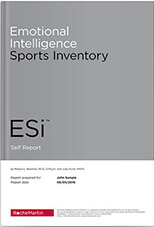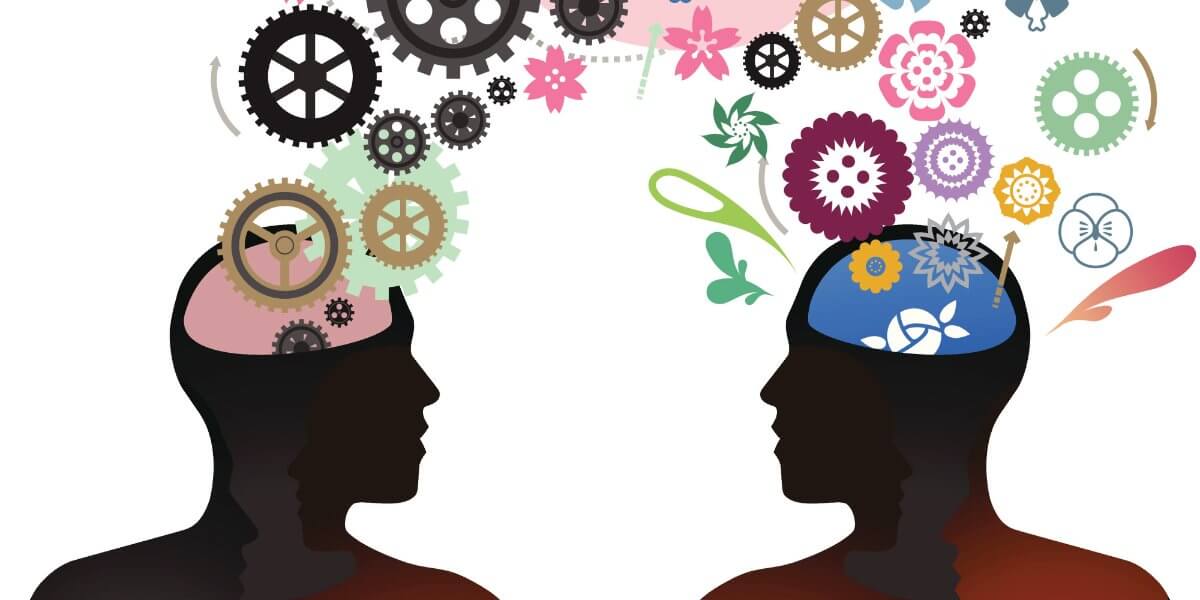
Feb 03 2018 | Tags: Mindfulness, Emotional Intelligence
Mindfulness For Peak Sports Performance
Imagine the situation. You are competing in the semi-finals of the U.S open and you have a match-point that will take you into the promised land – your first grand-slam final. It is a beautiful, but breezy summer’s day and you can hear a pin drop in Arthur Ashe stadium. You request your towel from the ball boy to wipe the smear of sweat off your forehead and in doing so, erase the memories of losing the previous point. You collect the two balls from the ball boy, place one in your pocket and move to the baseline to begin your pre-shot routine. Your heart is racing. It is the first time you have been in this situation. Imagine the thoughts and feelings that are coursing through your body. It would be nice if you could focus on the task at hand, wouldn’t it?
This situation is a perfect example of where practicing mindfulness can be useful. Mindfulness is the act of enhancing present moment awareness of physiological, mental and environmental events without imposing judgement on the quality or meaning of them. Mindfulness is more of an awareness process than a thinking process. It involves remembering to pay attention and observe your experience, rather than getting caught up thinking about it.
The application of mindfulness to sports performance has become more prevalent in recent years. By increasing current moment awareness – a key component of peak performance – recent research has implicated that mindfulness can help to generate “flow”, or in other words, a state of complete focus on the task at hand. Sport psychologists have suggested that mindfulness-based interventions are effective because they assist athletes direct their attention to the current task, while reducing external interferences.
“mindfulness-based interventions are effective because they assist athletes direct their attention to the current task, while reducing external interferences.”
In the tennis situation described above, being mindfully aware would enable you to recognise anxiety, intrusive thoughts, physical sensations in the body and environmental conditions like the strong breeze. You would then be able to either respond to the stimuli experienced (e.g. noticing the breeze, or noticing the tension in your body and consciously relaxing the effected areas) or choose to simply make a mental note of these sensations and let them pass. In other words, you would recognise your anxiety and thoughts as simply mental events and feelings, and realise that they are temporary states that do not necessarily have to impact your performance. Practicing mindfulness enables you to first focus on your body and environment, and then be able to redirect your attention to the factors that will help you reach optimal performance.
“Practicing mindfulness enables you to first focus on your body and environment, and then be able to redirect your attention to the factors that will help you reach optimal performance.”
In order to become skilled at mindful awareness, this requires practicing mindfulness on a daily basis. There are many exercises that can be used, however, it is advisable to start out with some simple exercises and build them up gradually. For example, the mindfulness of breath practice, which involves deep, rhythmic breathing, can be easily incorporated into a busy schedule. This exercise, among many others, can be found in Dr. Martyn Newman’s recently published “The Mindfulness book”. Practicing these exercises at least once a day will help build greater awareness, ultimately translating to enhanced awareness when carrying out sporting activities. Try incorporating a simple mindfulness breathing exercise into your pre match stretching session and when doing so, notice your breathing patterns.
Once you have gained some experience doing this, begin to incorporate mindful awareness into your sport-specific training. For example, try being mindfully aware while practicing your tennis serve or hitting free-kicks at football training. This continuous training of the mind and body will culminate in you becoming more mindfully aware when it matters most- during competition. Practice mindfulness on a daily basis and eventually you will become fully engaged in the present moment during pressurised conditions, being able to completely focus on what is required to perform optimally, despite the internal and external distractions.
By Joe Davis – Research & Development Manager
If you would like to measure how focussed you currently are during performance and learn strategies that can enhance your mental performance, then contact joe@rochemartin.com to enquire about taking the Emotional Intelligence Sports Inventory.








